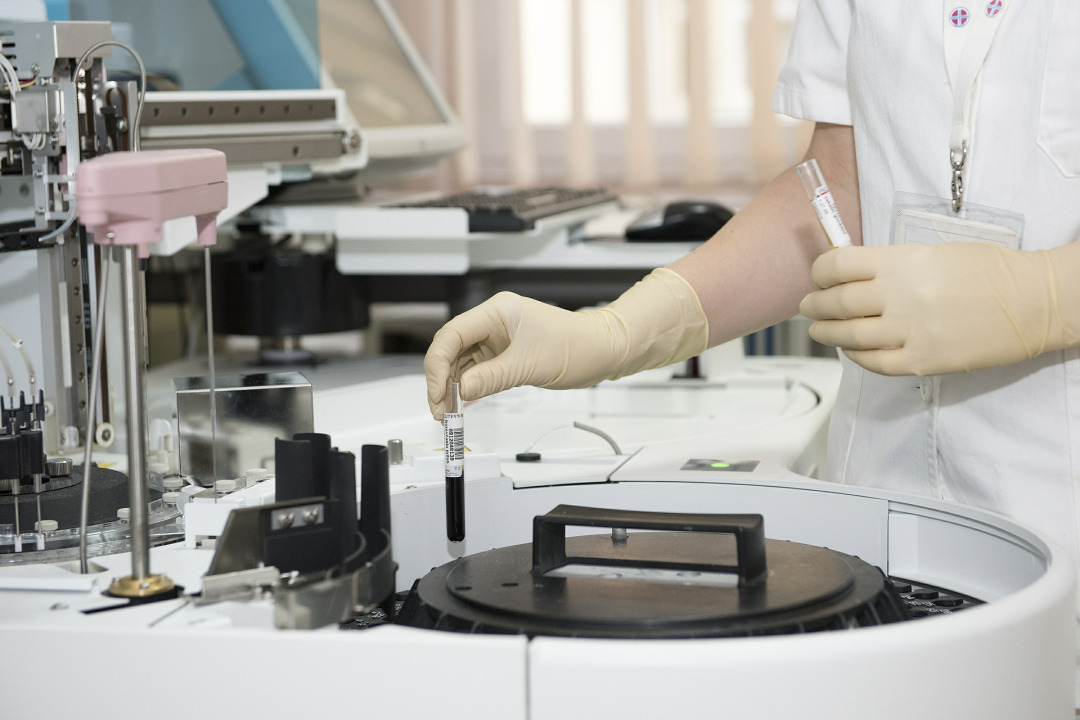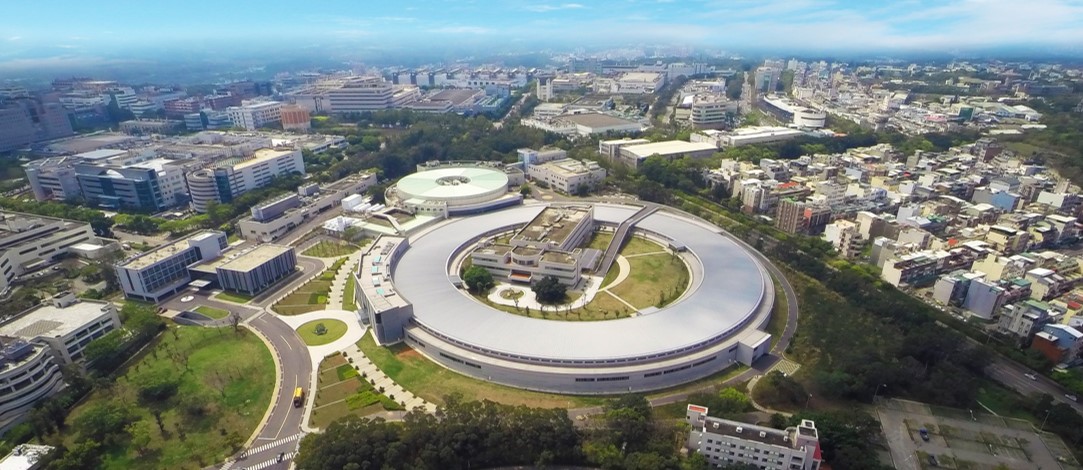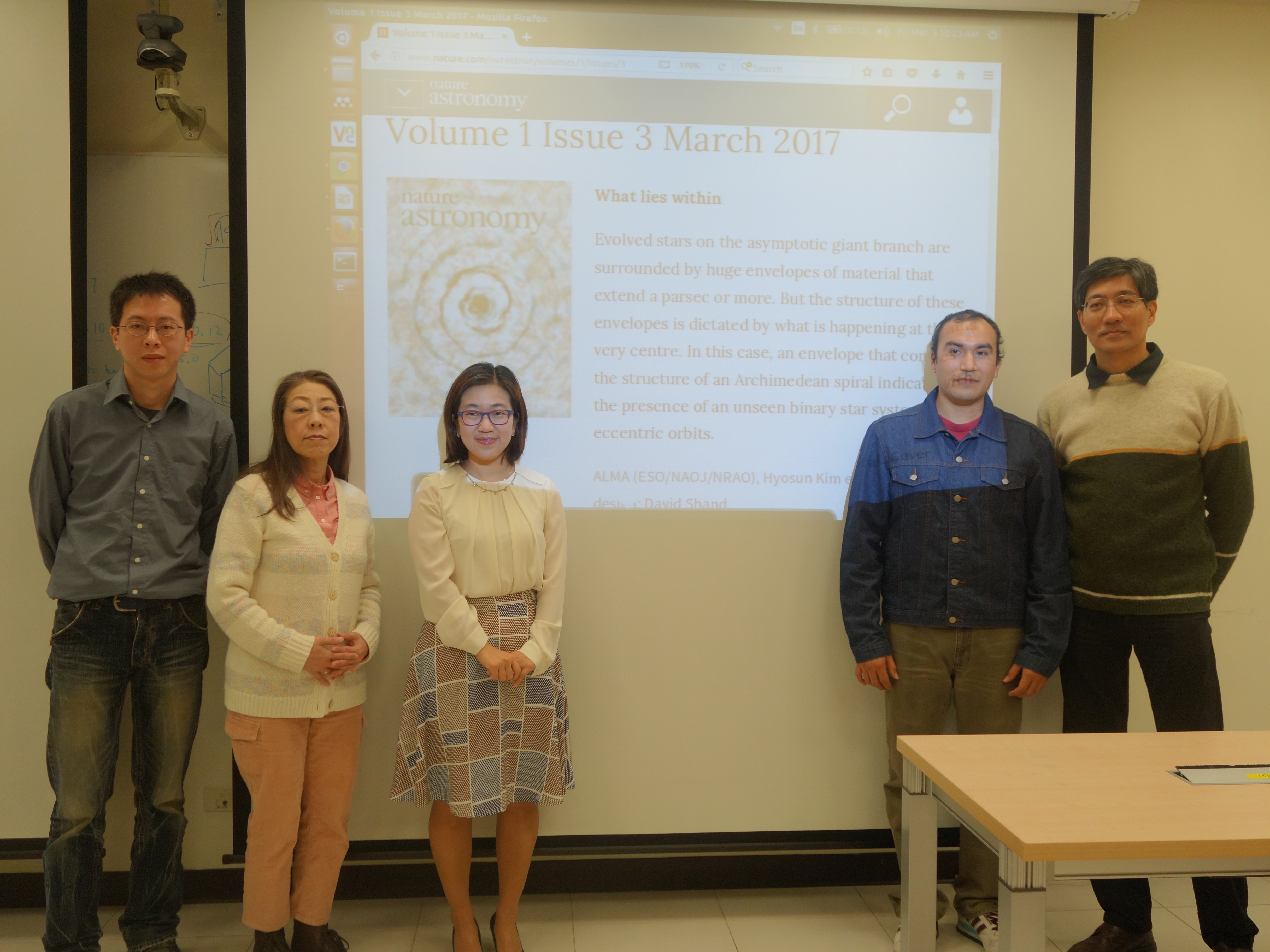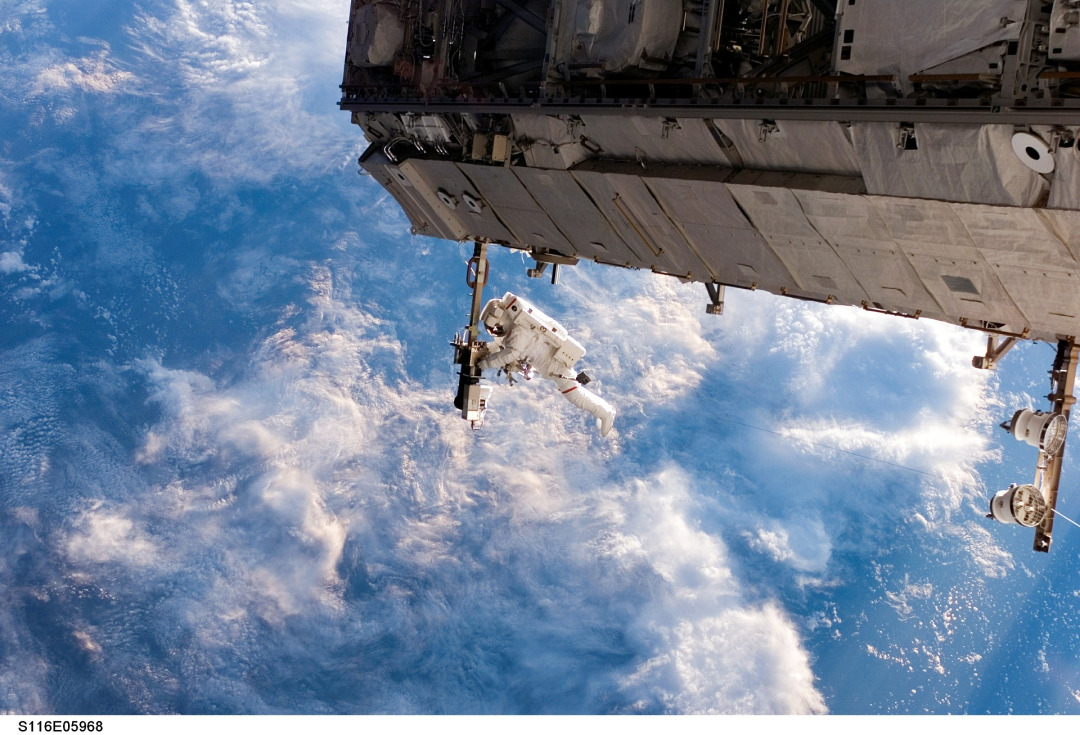
Research Stash Weekly Review #6
- Weekly Review
- 1.4K
Research Stash Weekly Roundup ~ Latest news in Science and Technology around the globe.
Here’s The Single Best Type of Exercise For Your Brain, According to Scientists
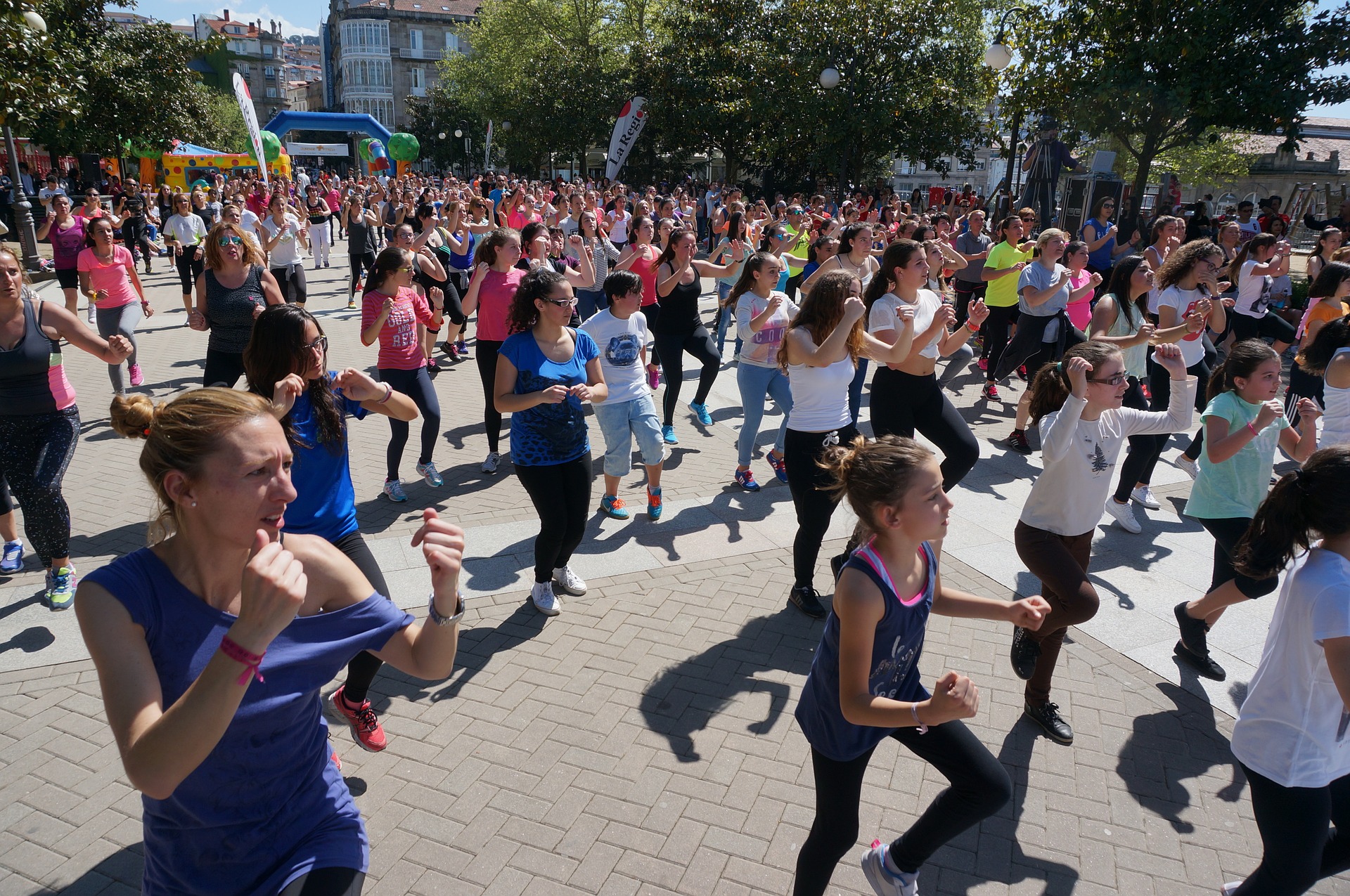
A wealth of recent research, including two new studies published this spring, suggests that any type of exercise that raises your heart rate and gets you moving and sweating for a sustained period of time – known as aerobic exercise – has a significant, overwhelmingly beneficial impact on the brain. Read More
NASA bets the farm on the long-term viability of space agriculture

If you give an astronaut a packet of food, she’ll eat for a day. If you teach an astronaut how to farm in space, she’ll eat for a lifetime—or at least for a 6-month-long expedition on the International Space Station. Read More
Physicists Just Found One of The Forces Holding The World Together Can Also Push It Apart
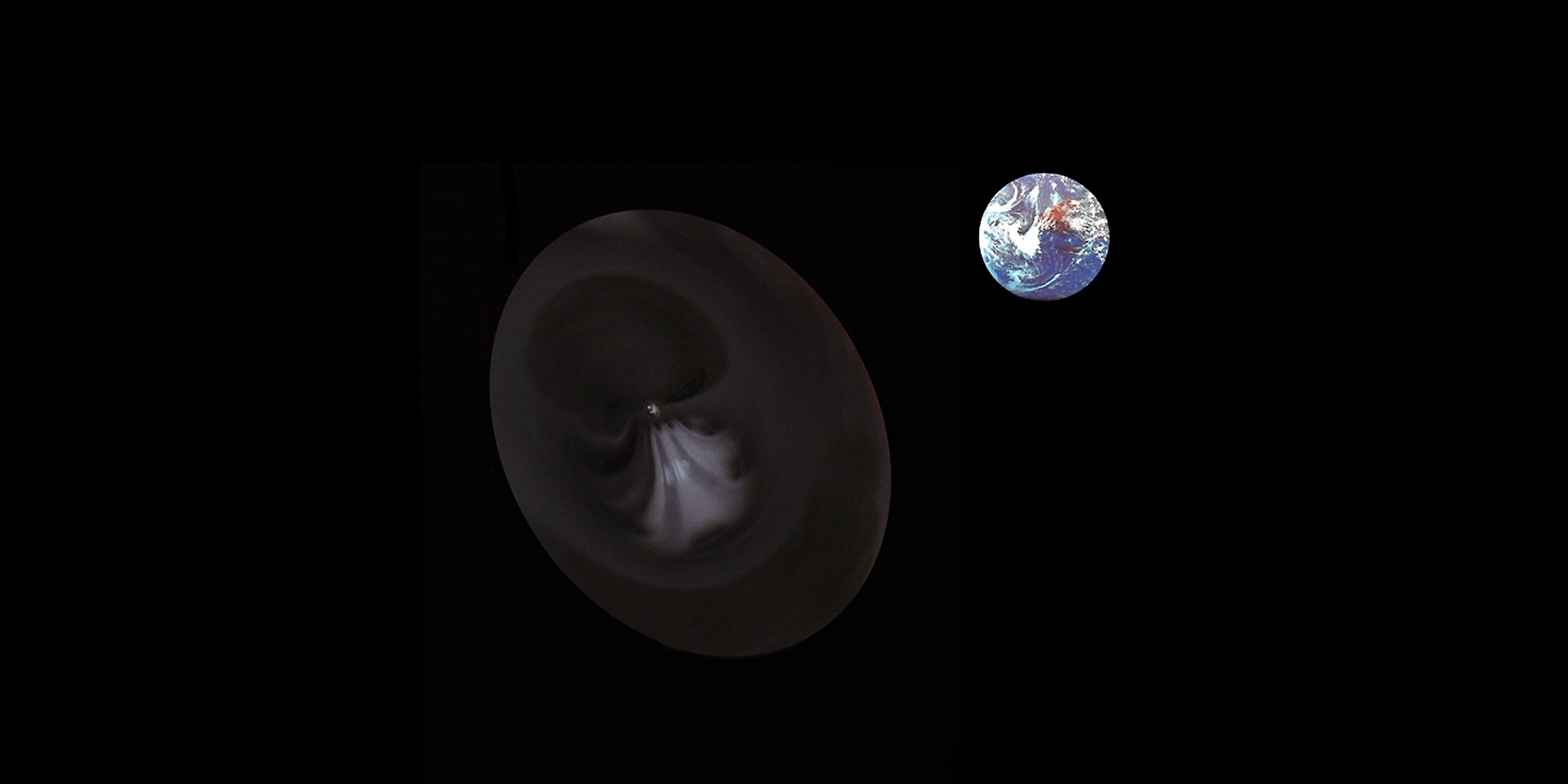
Since first being described in 1930, van der Waal forces have been regarded as most attractive, only pushing back when groups of molecules are under pressure. New research predicts such a reversal can occur in the real world where crowds of molecules jostle freely, an idea that could affect how we approach everything from protein folding to nanotechnology. Read More
Corals Found Deep in The Ocean Produce Their Own Sunlight to Survive
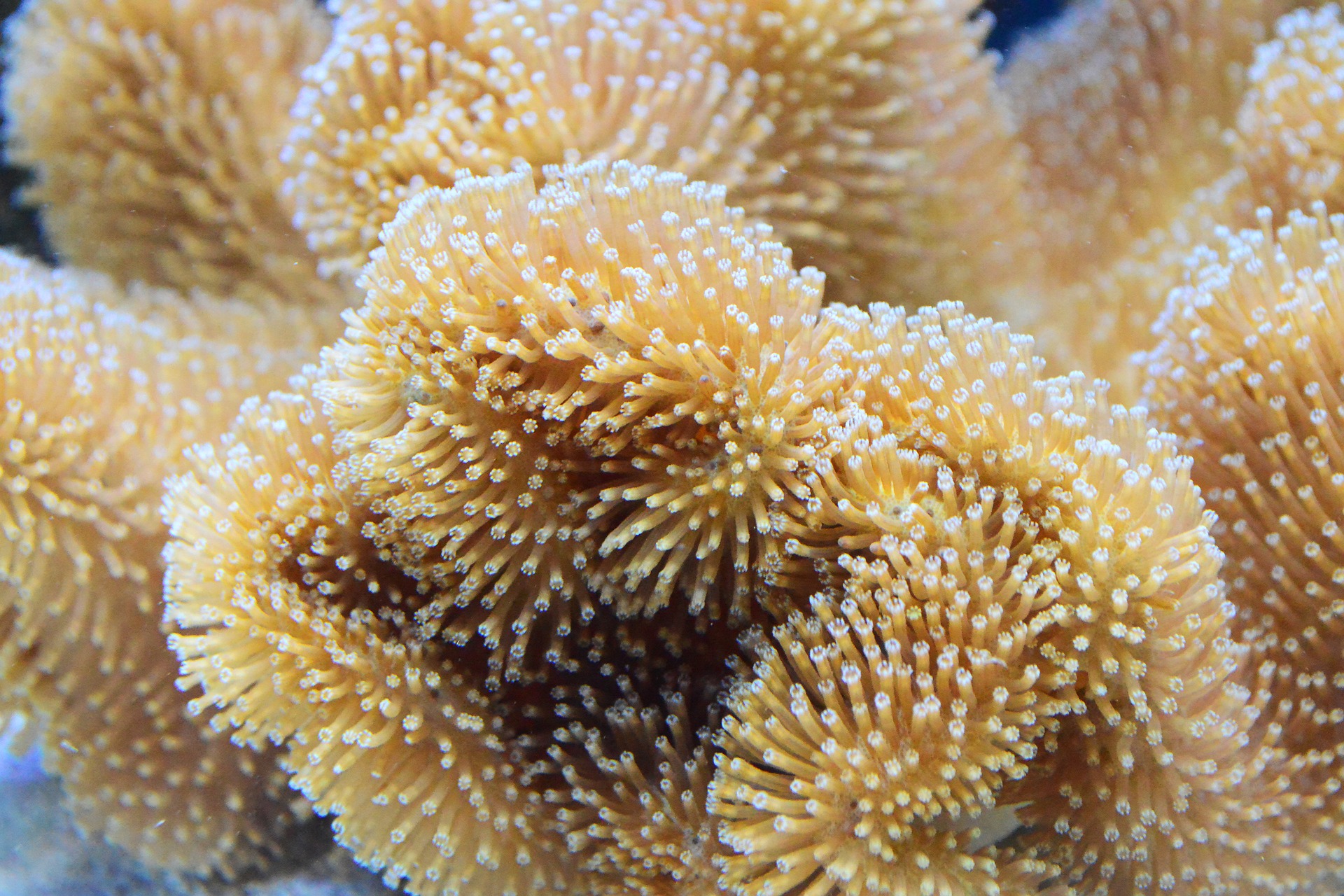
When you’re a coral hanging out in the shallows, too much sunlight is a bad thing. Ultraviolet radiation can mess up the algae that live within coral bodies and provide them with much of their sustenance. Read More
Neurologists Have Made an Instrument You Can Play With Your Mind
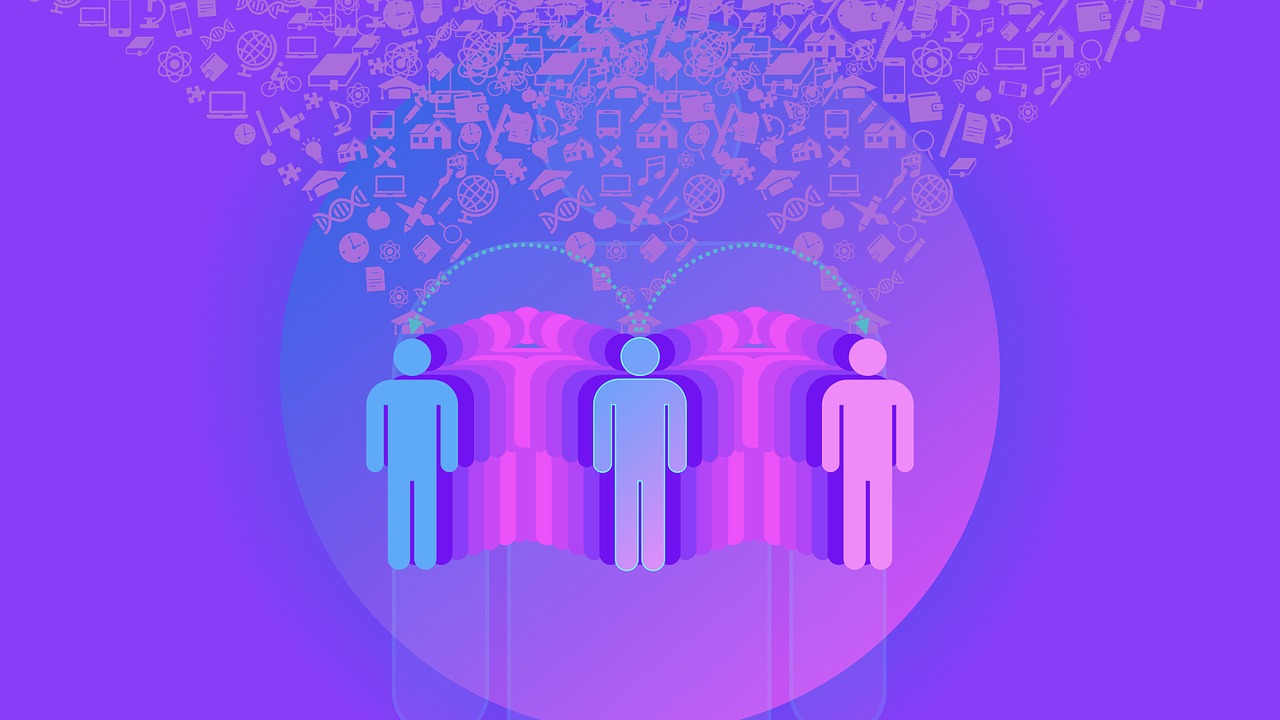
An instrument that emits notes according to a person’s brain signals is the latest example of mind-controlled technology helping those who have limited movement to engage with the world. Read More
This 3D-Printed, Soft Artificial Heart Beats Just Like a Real One
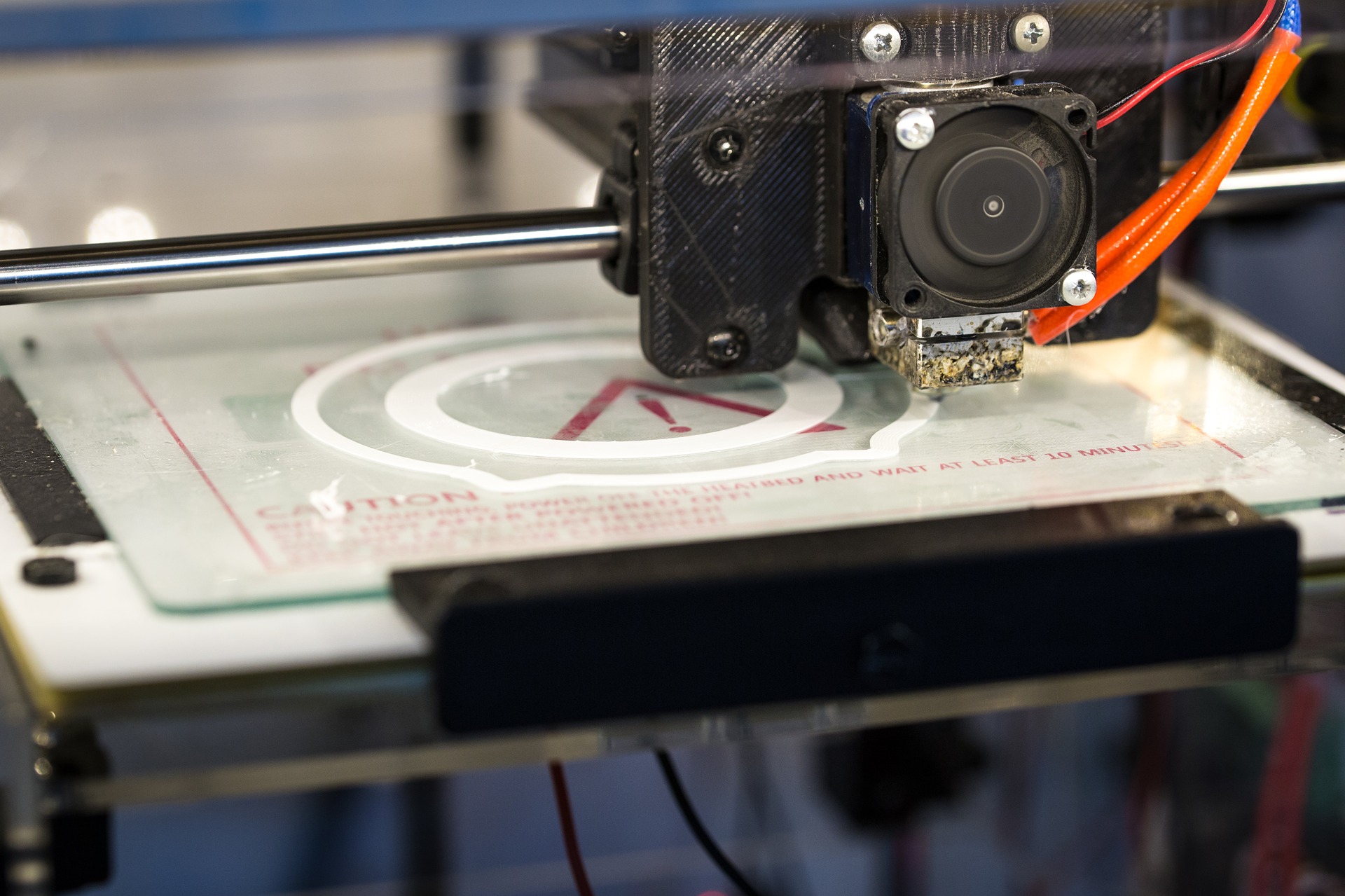
Scientists have 3D-printed a soft, artificial heart made of silicone that beats almost like a human heart, putting us another step closer to replacing damaged human hearts without the need for a transplant. Read More
Scientists develop method for real-time glutathione measuring
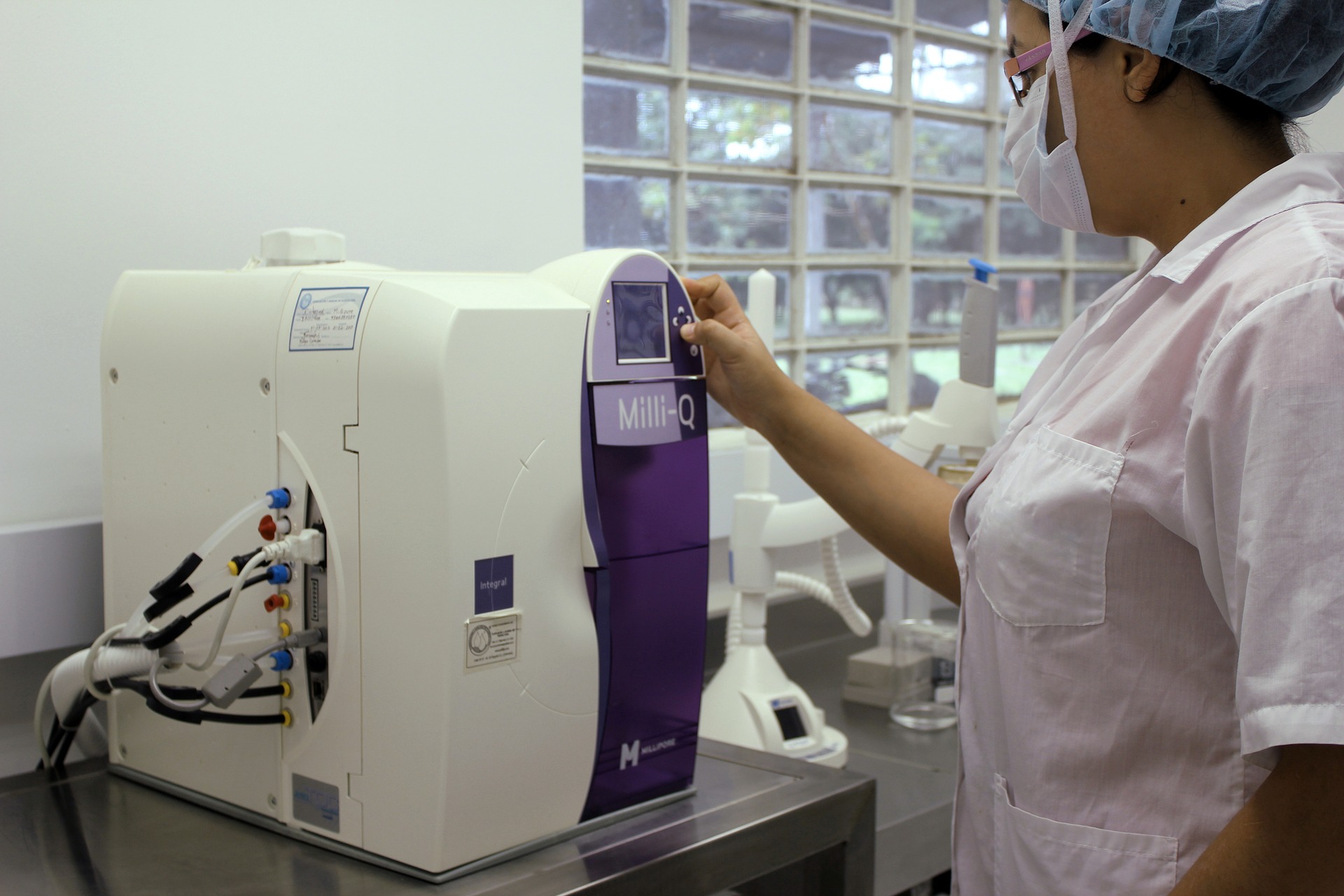
Glutathione is the most abundant natural antioxidant in cells. It protects them from damage and regulates a number of important functions, including cell proliferation and death, the synthesis of the genetic material and proteins and the activation of gene expression. Read More
Engineered yeast yields insight into machinery of deadly brain tumor
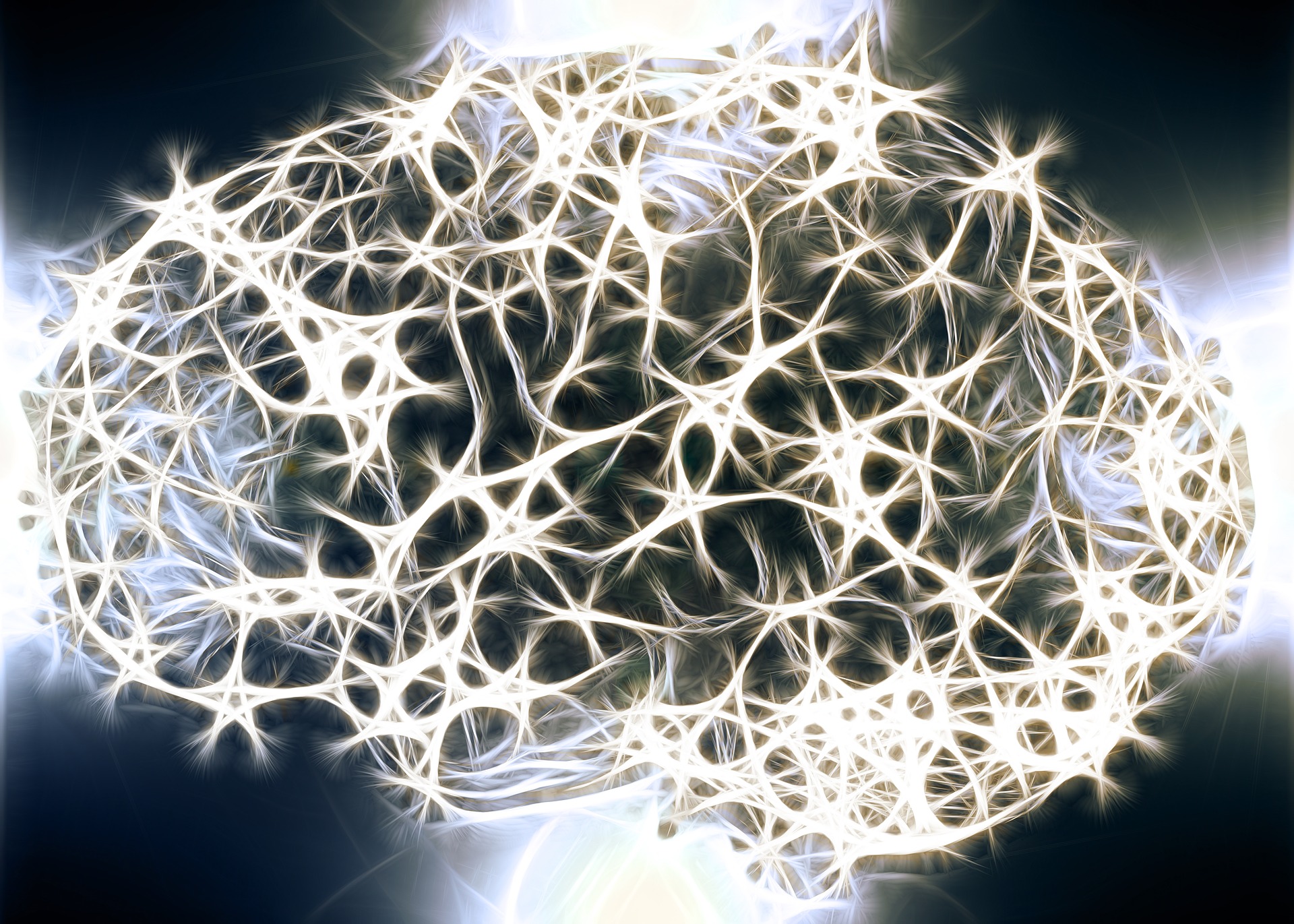
St. Jude Children’s Research Hospital biologists have used engineered yeast cells to discover how a mutation that is frequently found in pediatric brain tumor high-grade glioma triggers a cascade of genomic malfunctions. Read More
Newly identified genetic marker may help detect high-risk flu patients

Researchers have discovered an inherited genetic variation that may help identify patients at elevated risk for severe, potentially fatal influenza infections. The scientists have also linked the gene variant to a mechanism that explains the elevated risk and offers clues about the broader anti-viral immune response. Read More
Enjoyed reading this latest curated news from Science and Technology? If you want to include your story in the weekly review, you can contact us from here
